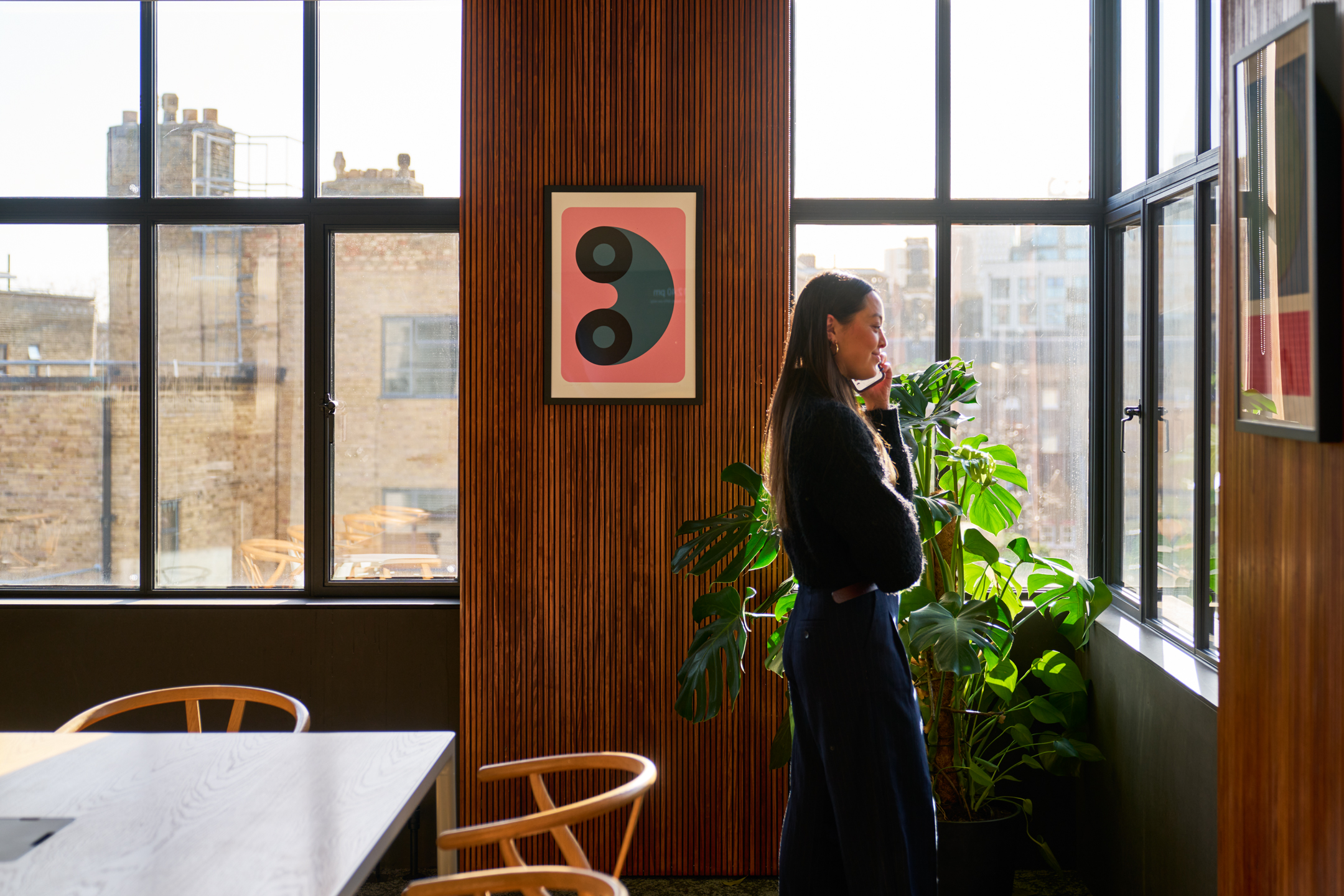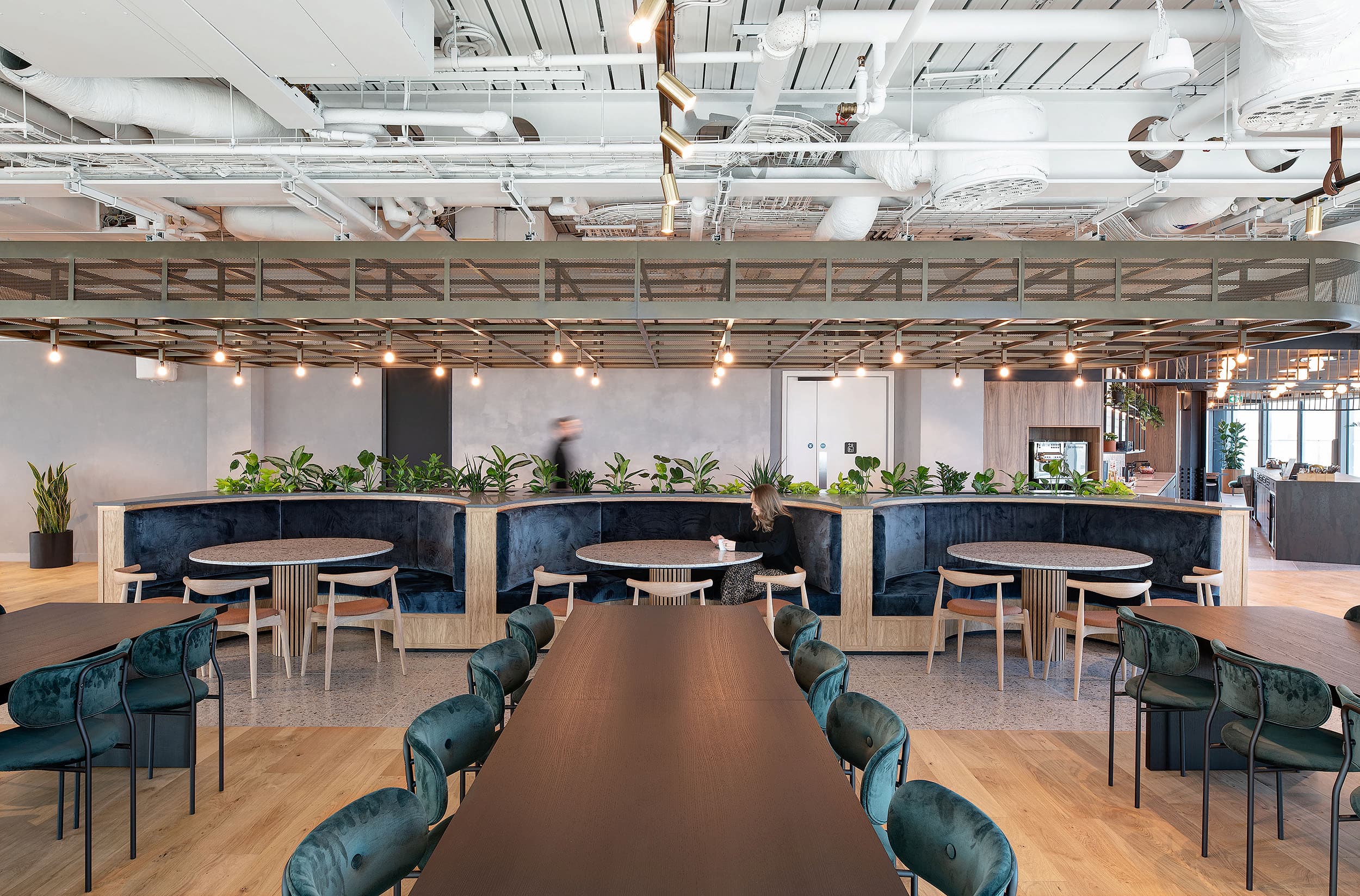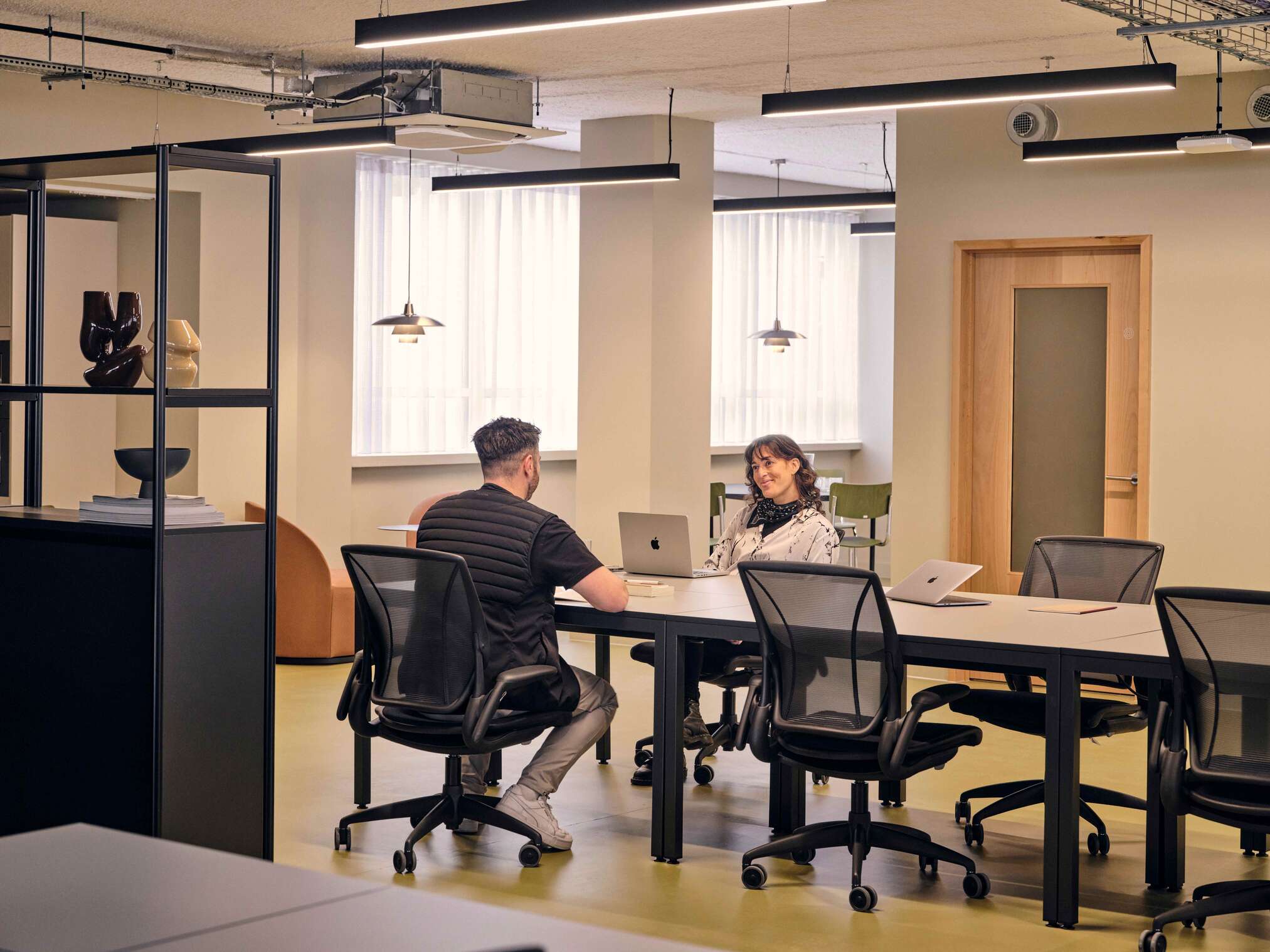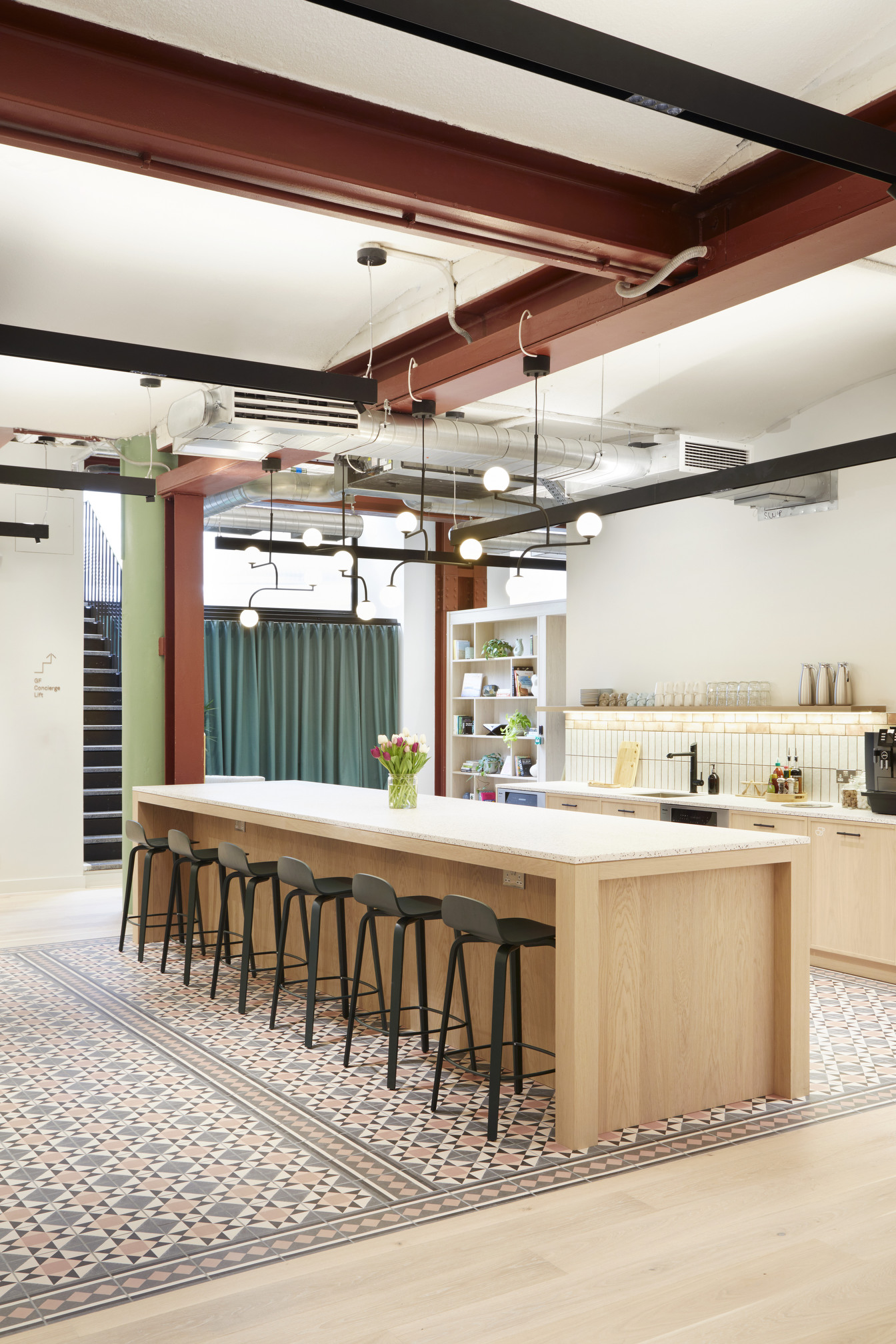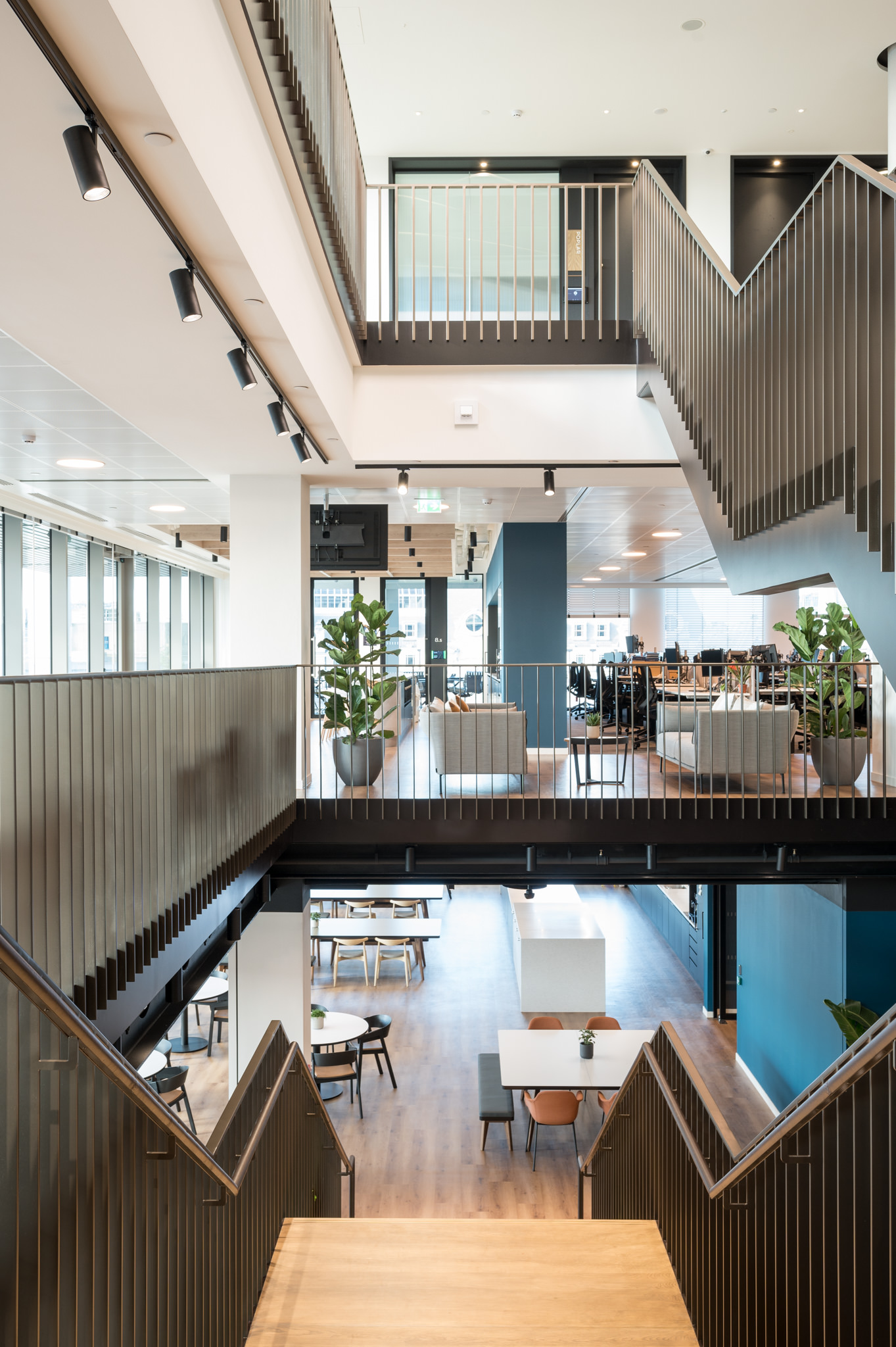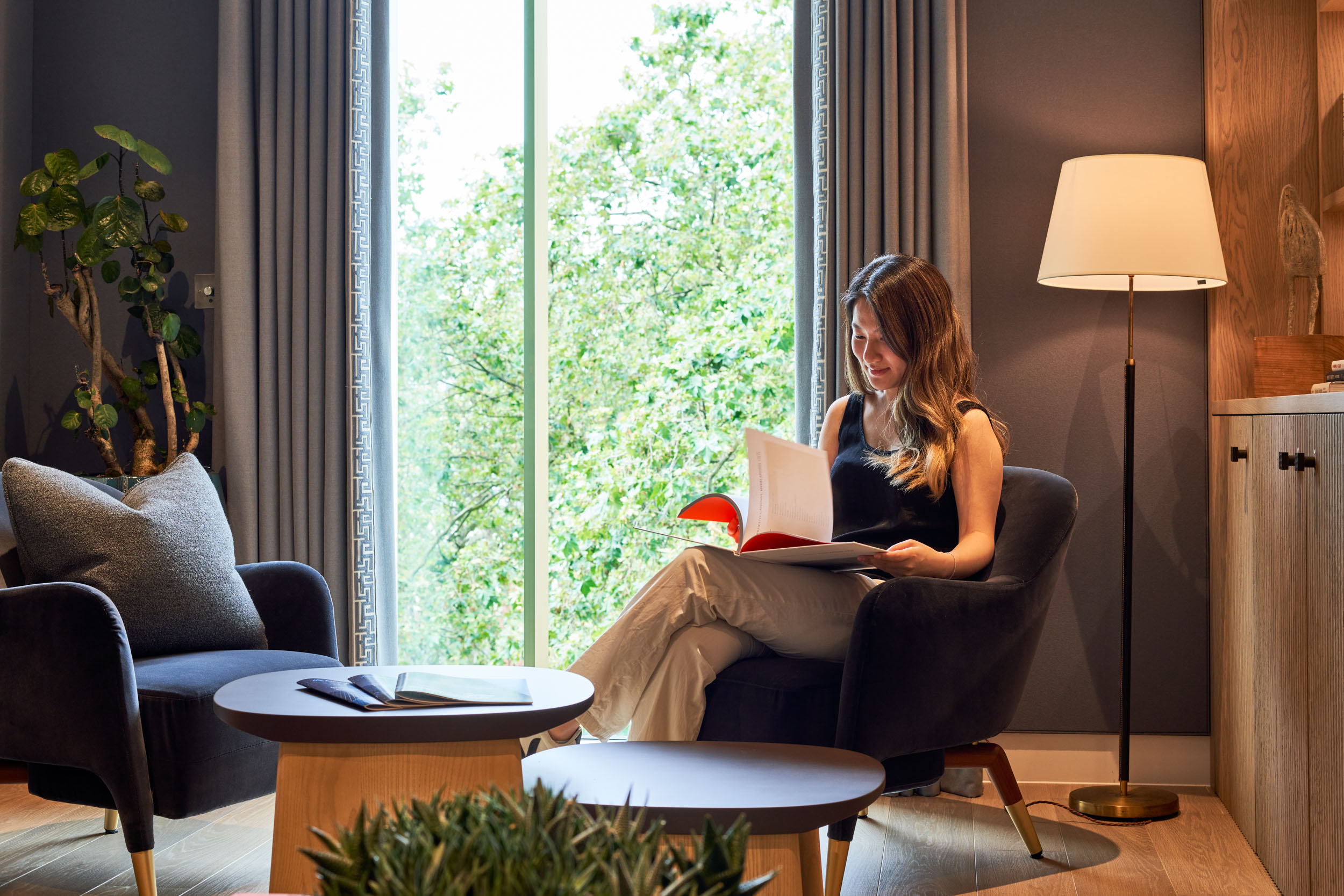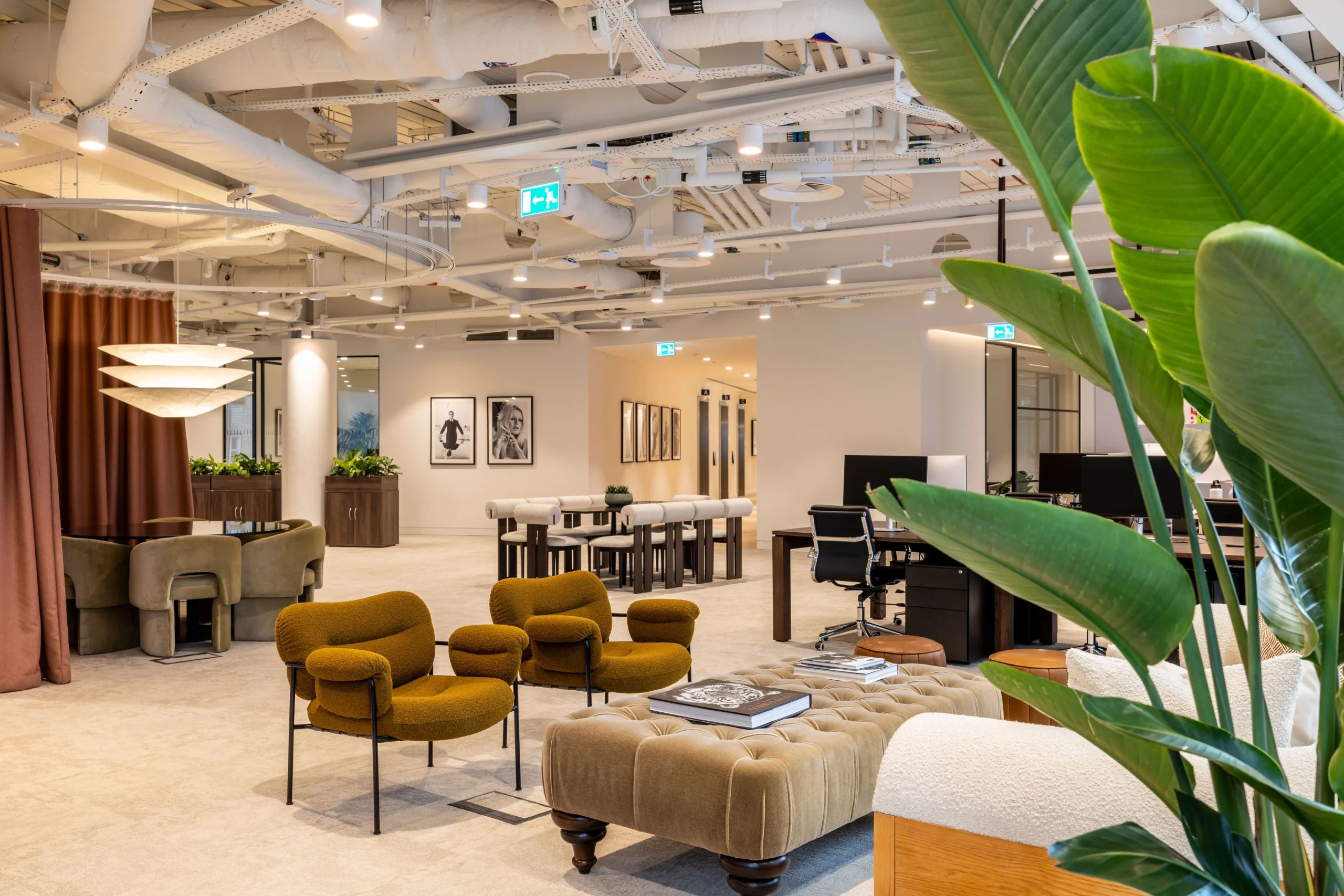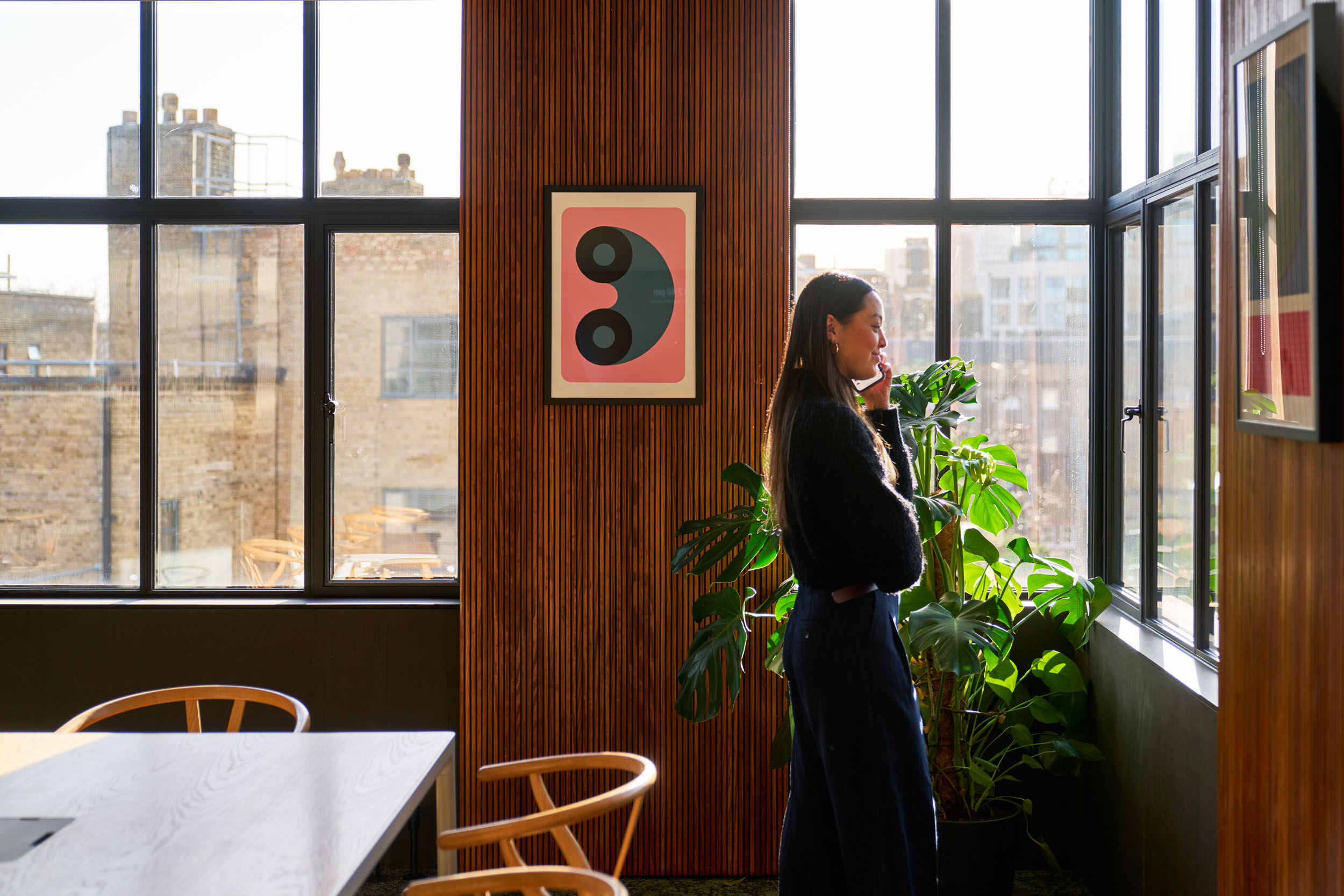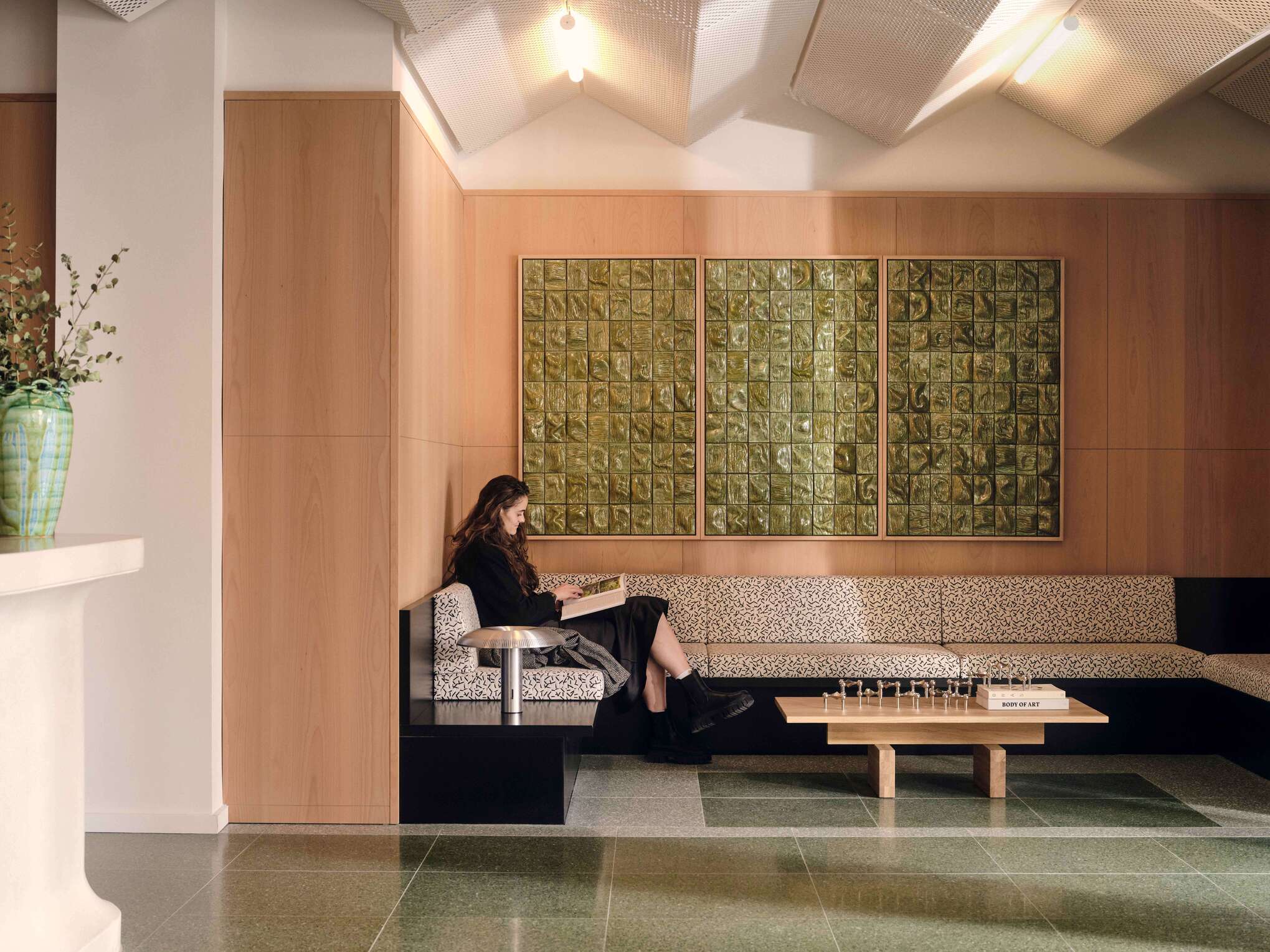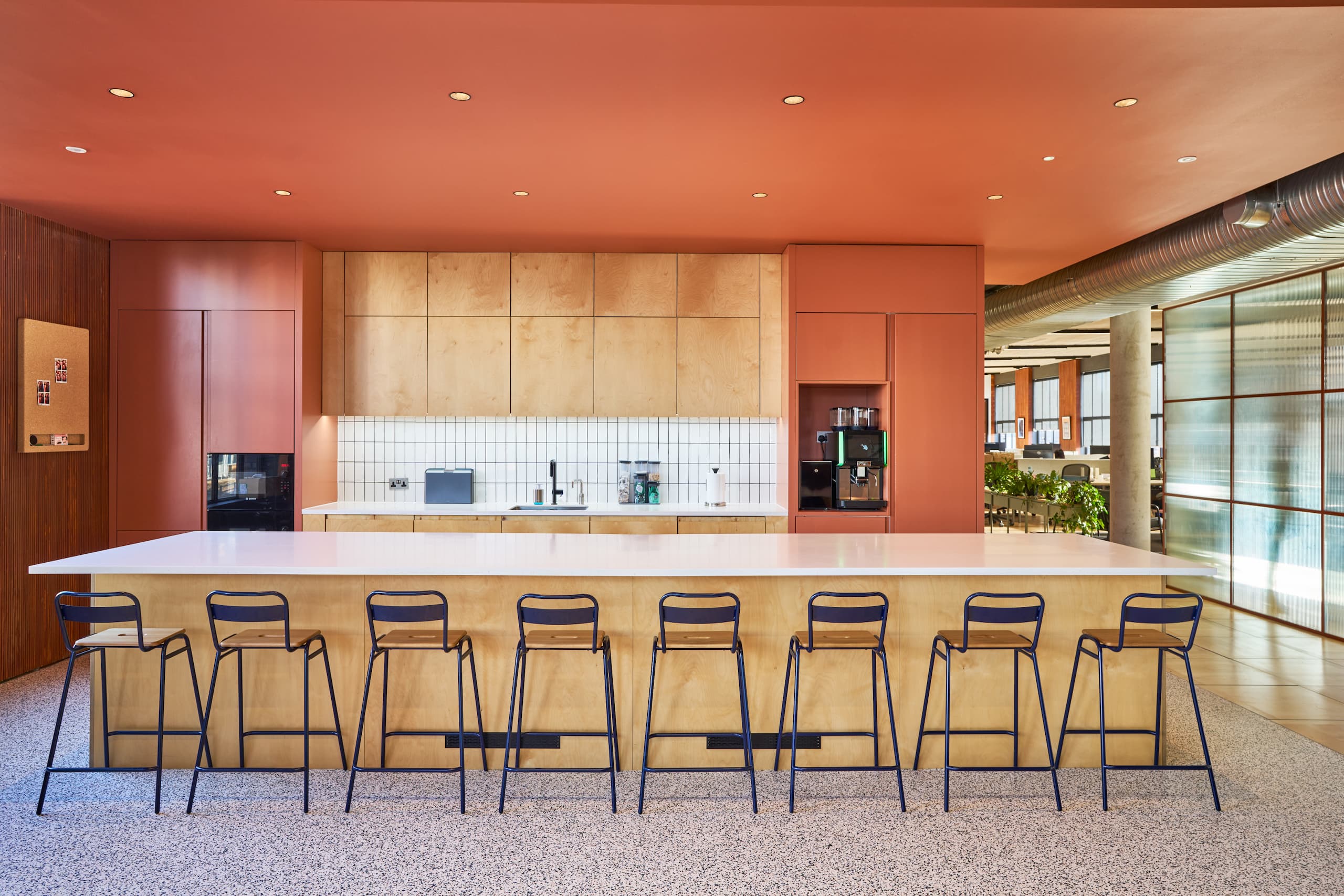The Impact of the Changing Tech Industry on London Office Take-Up and Design
It comes as nothing new that the rapid advancement of AI is reshaping industries, redefining job roles, and transforming corporate real estate strategies. London, as one of the world’s leading technology and financial hubs, is currently experiencing this shift.
Two major trends stand out. The first is the impact of reshoring, as businesses bring operations closer to home in response to supply chain risks and automation. The second is the evolution of AI tools, demonstrated by OpenAI’s launch of o1 in December of last year, which will fundamentally alter workplace dynamics. These factors will influence the location, square footage, and internal configuration of office space required in London.
AI and Office Take-Up
AI’s impact on office demand is complex. On one hand, increased automation could reduce the need for traditional office roles, leading some companies to downsize. On the other, the rise of AI-focused industries such as machine learning research, AI-driven financial services, and AI-enhanced creative sectors will create demand for high-quality workspace designed to support innovation.
Reshoring is also influencing office take-up. Traditionally, London-based businesses outsourced technical and operational functions to lower-cost locations abroad. However, AI-driven automation, combined with geopolitical and supply chain risks, is making it more viable to relocate these functions back to London (known as reshoring).
Companies investing in AI need access to top talent, research institutions, and a well-connected business environment – all of which London offers. This lends itself to highly flexible, innovation-driven office spaces designed to attract and retain AI specialists, data scientists, and engineers. Additionally, as AI becomes embedded across industries, particularly finance, law, and life sciences, there is a growing need for hybrid work environments that balance in-person collaboration with remote AI-powered workflows. This will likely drive demand for more agile office leasing models, including flexible workspaces and shorter lease terms.
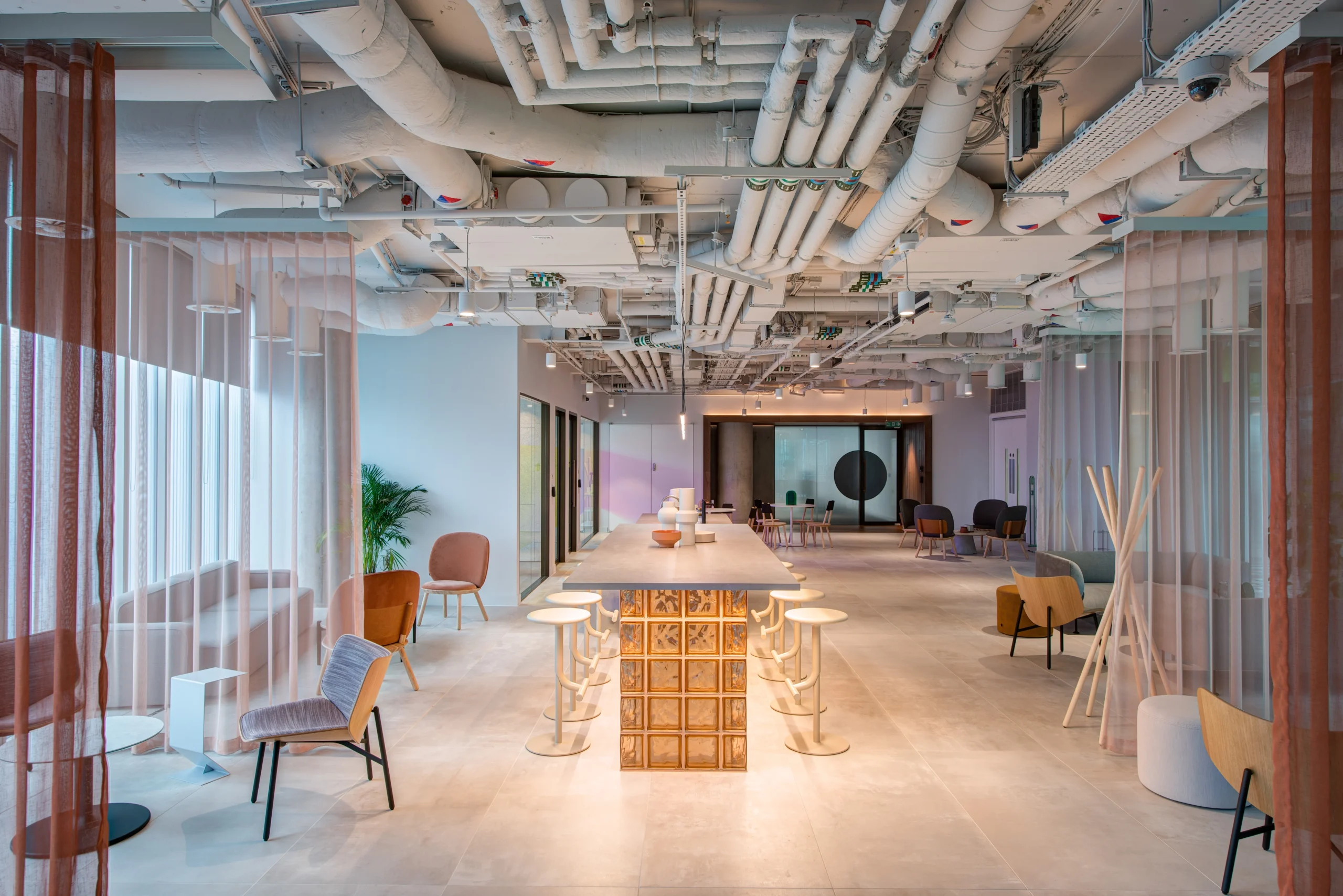
The Soft Skills Renaissance
The introduction of o1, OpenAI’s advanced personal AI assistant, marks a significant shift in knowledge work. Unlike previous AI tools, which primarily focused on automating specific tasks, o1 can understand context, manage multi-step workflows, and proactively assist with decision-making across various domains. As AI assistants like o1 take on complex administrative and analytical functions, the value of uniquely human skills, including problem-solving, leadership, and cross-disciplinary collaboration, will become more pronounced. This shift will have direct implications for office design, as workplaces must evolve to support creativity, innovation, and strategic thinking.
– Prioritising Collaboration – Offices will prioritise areas for brainstorming, project-based teamwork, and high-level strategy discussions.
– AI-Augmented Workstations – Workspaces will be equipped with AI-powered tools to enhance efficiency, from real-time data analysis to automated scheduling.
– More Efficient Office Footprints – As AI streamlines workflows, businesses will shift into high-tech offices focused on essential in-person collaboration. As AI reduces the need for purely functional desk space, offices will need to justify their existence by offering an environment that facilitates creativity, deep work, and culture-building.
– Wellbeing-Focused Design – AI-driven workplaces will incorporate wellness amenities, biophilic elements, and ergonomic workstations to support employee engagement.
– Training and Upskilling Spaces – Companies that invest in spaces designed for lifelong learning through immersive AI training rooms, VR-based collaboration spaces, or on-demand education hubs will have a competitive edge in the AI-driven economy.
AI won’t eliminate the need for office space, but it will redefine it. The rise of reshoring, combined with AI-driven tools like o1, is accelerating demand for highly flexible, tech-enabled workplaces in London. The future office will prioritise collaboration, adaptability, and wellbeing, ensuring businesses can thrive in an AI-enhanced world.
As companies navigate this shift, those that invest in forward-thinking workplace strategies will be best positioned to attract top talent and capitalise on the age of AI.
Find out more about Bentley Systems here.
